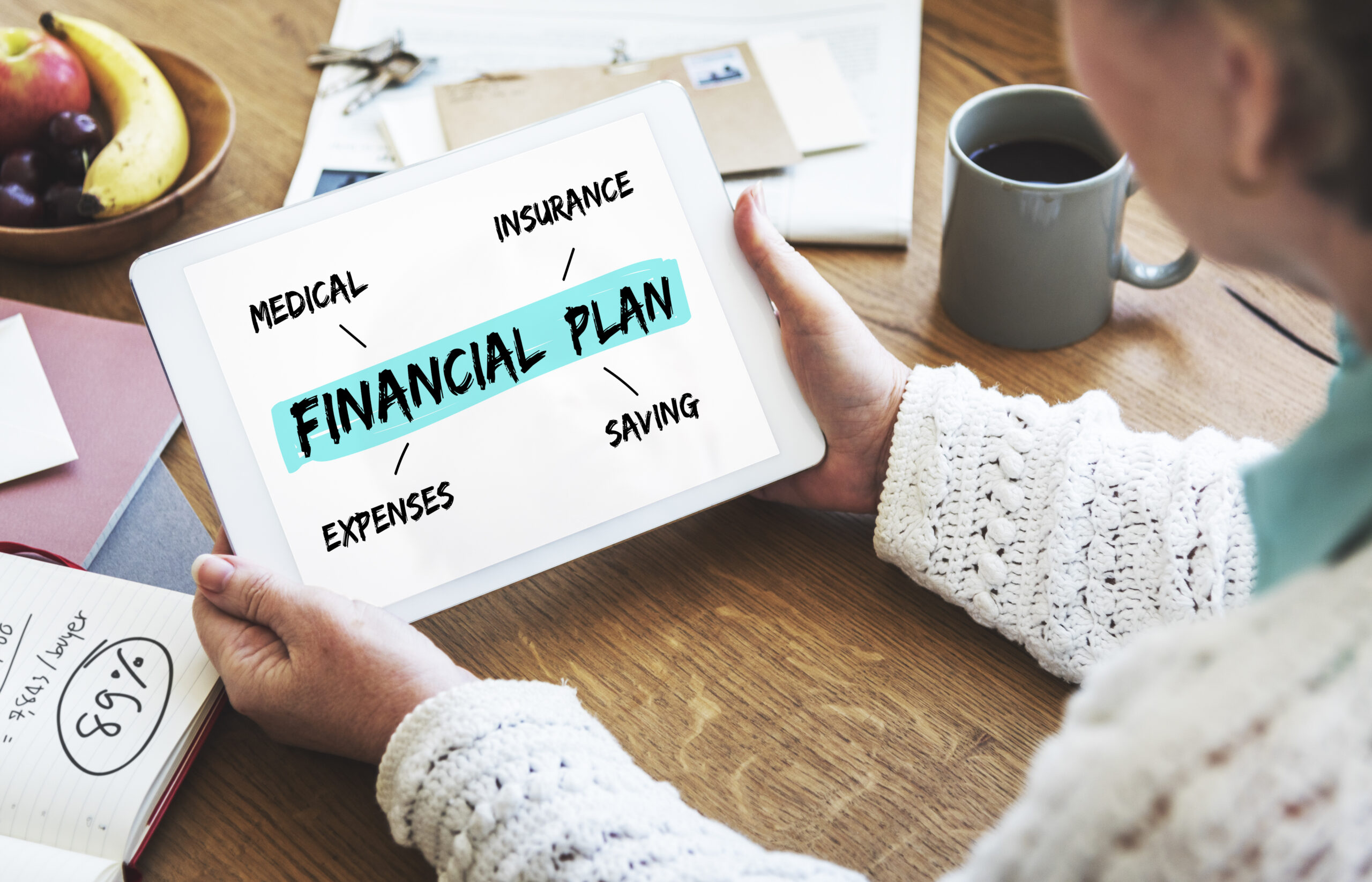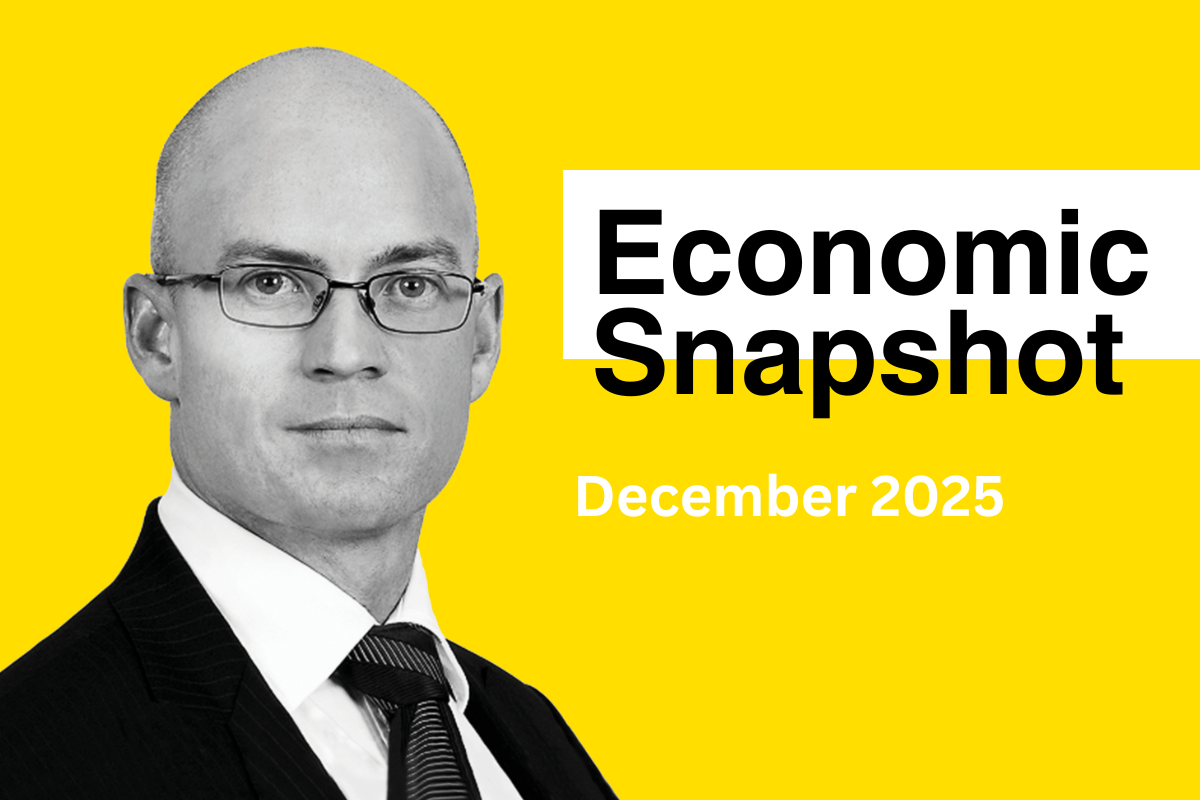
When you’re starting out in a new profession, you may be earning more than you ever have before – or a whole lot less than your friends and colleagues.
Either way, improving your financial literacy is essential for making informed decisions to start building financial security.
Here are five tips to help you get started.
Know your financial goals
Setting financial goals can help give you the motivation to save. Is there something you’re working towards – travel, buying a car, a home deposit, retiring young? Knowing what you’re saving for, and how much money you’ll need, will help you get there faster.
Track your expenses and learn to budget
Start by looking at what you’re spending your money on now – rent, bills, restaurant meals, gym memberships – knowing where your money is actually going can help you identify possible savings. Don’t forget to check your credit card bills! Then pick a budgeting style that suits you. Most methods ask you to separate your spending into categories – usually needs, wants, savings and/or debt repayment – then choose a percentage or dollar amount for each category. Try this budget planner to get started – there are plenty more online.
Start an emergency fund
There may be financial emergencies that pop up – your car breaks down or your flatmate moves out and takes the fridge. Having an emergency fund means you can deal with surprise expenses without having to go into debt. Even if you only manage to save $20 a week, you’ll have $1000 by the end of the year. Find tips on starting a savings plan here.
Start investing
For many people, their first big investment will be their home, or perhaps an investment property. There are other investment classes you may also consider, including Australian and international shares, bonds, and exchange traded funds (ETFs).
Invest in yourself
Unexpected events, such as a serious illness, accident or injury, can leave you unable to work and derail your financial plans. Income protection insurance can pay you a monthly benefit if you’re unable to work due to illness or injury. Critical illness or trauma insurance can pay a lump sum if you’re diagnosed with some types of serious illness, while total permanent disability (TPD) insurance can provide financial support if you’re totally and permanently disabled and expected never to return to work again.
If you’re interested in investing in yourself through life insurance or an investment portfolio, HPartners can help you start realising your financial goals.
Talk to us today.
Any advice is general in nature only and has been prepared without considering your needs, objectives or financial situation. Before acting on it, you should consider its appropriateness for you, having regard to those factors. Before making any decision about whether to acquire a financial product, you should obtain the Product Disclosure Statement.
Latest News Articles
Back to Latest News
What a Financial Plan Actually Looks Like

Realistic Budgeting Tips for Australians in 2026


